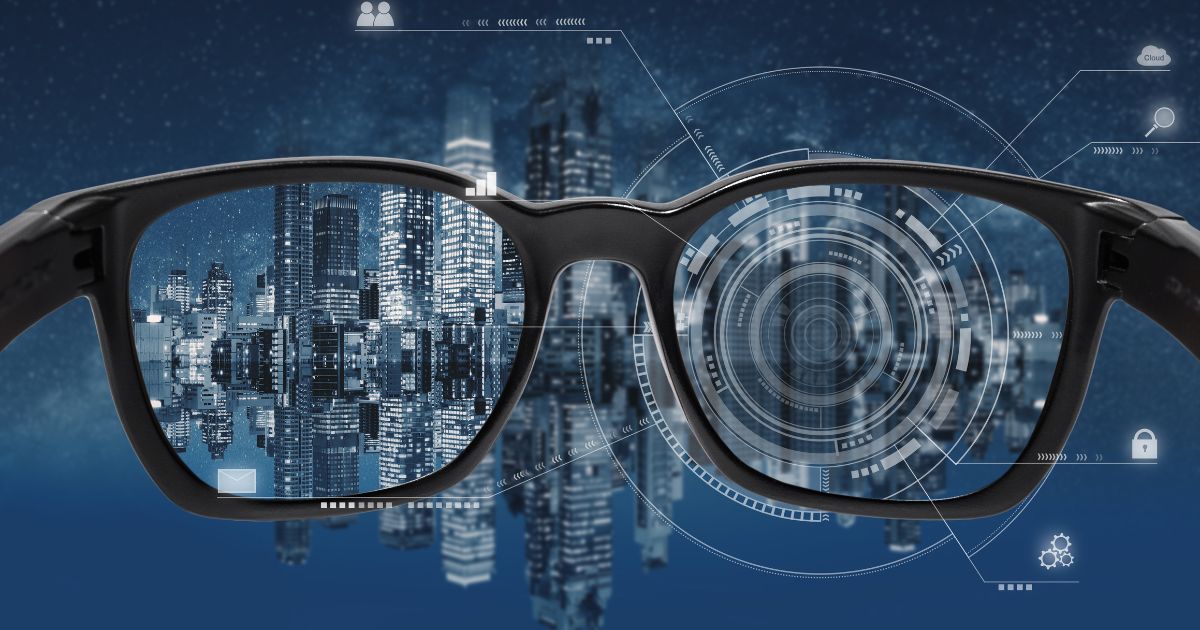
In a world where the boundaries between virtual and reality are blurring, breath-taking experiences that until recently only existed in the imagination of science fiction writers are being realized. Extended reality (XR) is a term used for VR, AR, MR, and other environments that combine the real and virtual, allowing interaction through various devices.
Extended reality has gained a lot of popularity and relevance in recent years because it is presented as part of the next spatial computing or spatial computing mobile platforms, which represent a fundamental change in how people will interact with media and platforms more fluidly.
A Breakdown Of Extended Reality
Virtual Reality (VR) is finally getting to that point as a means to create realistic images, sounds, and other sensations that are placed right in the middle of a vibrant virtual world. Augmented Reality (AR), which adds a virtual element to the real environment, is also a hot topic, and both technologies will undoubtedly be a big part of the future world. In mixed reality (MR), while playing a virtual video game, you can even pick up a real bottle and hand it to an avatar. Imagination and reality have never been so mixed.
Benefits Of Extended Reality
• Development potential
Most of these technologies, or the developments that have made their advancement possible, have emerged in recent years. They are in their nascent states, and although they are advancing exponentially, they still have a lot of room to develop.
• End of distance
These technologies allow us to eliminate the barrier of distance and for this reason, they are used in more and more sectors. In a recent Accenture report, 36% of surveyed CEOs consider this to be the key driver for XR adoption. As operations become geographically distributed, Extended Reality helps address the problems caused by remoteness.
• Versatility
These technologies are applicable to multiple sectors and markets. They have proven to be versatile and valid for different use cases and industries, although some have more potential in the consumer or entertainment market, others have more applications in the industrial sector.
• Experiential
Another feature common to these technologies is that they can only be truly valued if they are experienced first-hand. No matter how much you talk about virtual or augmented reality until you experience it, you don’t really see and understand its potential.
Conclusion
In an increasingly interconnected and digital world, expanding geographically, Extended Reality is fundamental to changing the way we connect with information and communicate with each other. A clear sign of the commitment to Extended Reality is represented by companies such as Google, Microsoft, Facebook, Apple, Amazon, IBM, and Qualcomm, to name a few, which have been investing for years in the development of these technologies.
With the main focus on custom-software development, Informatics also specializes in infrastructure solutions and services through years of experience and knowledge in the industry. We gained a prominent position in the global IT sector, providing some of the most cutting-edge software and Infrastructure solutions with a local and international client list. Get in touch with us! Let us know how we can help.
Written by Hiran Wickramasinghe
